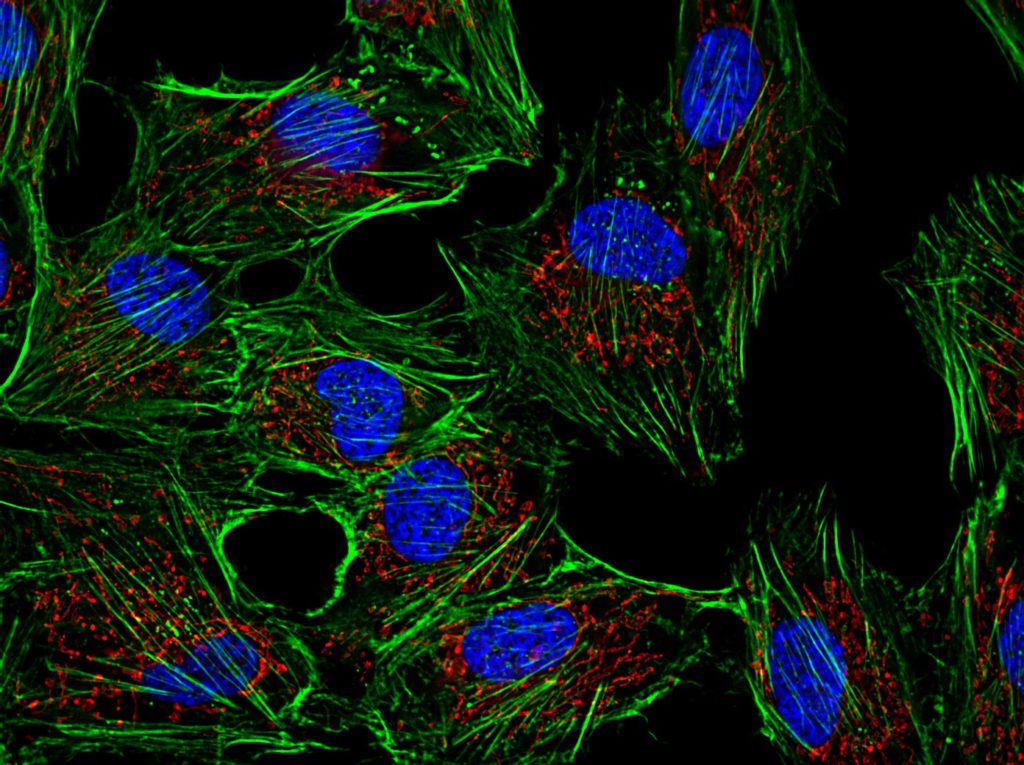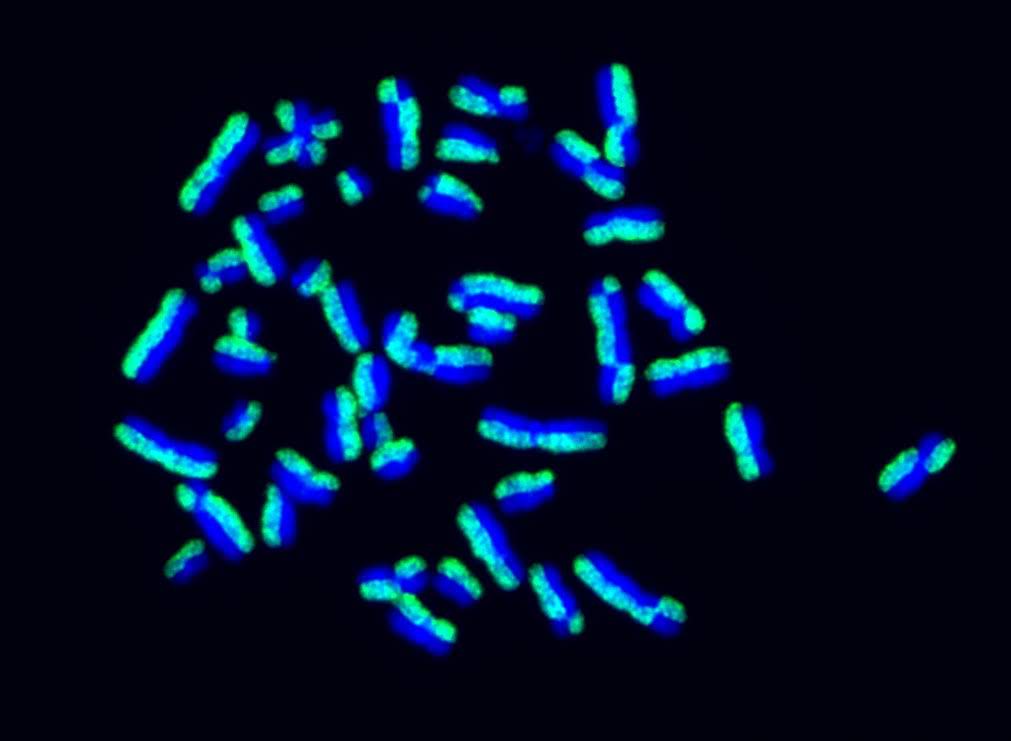We study how cells signal and repair lesions to our genetic material, the DNA. We are particularly interested in how a post-translational modification called ADP-ribosylation accelerates DNA repair processes, and how mutations in genes involved in DNA damage signalling and repair cause rare genetic disorders characterized by neurodegeneration, cancer predisposition and premature aging.


ADP-ribosylation is a post-translational modification of proteins with important roles in signaling the presence of DNA damage, in chromatin remodeling and recruitment of DNA repair factors to the damage site, as well as in a programmed cell death pathway called parthanatos. Recently we have also been interested in studying the role of ADP-ribosylation in other pathways, especially in the cellular response to viral infections.
CONTACT US
Departamento de Bioquímica
Instituto de Química
Av. Prof. Lineu Prestes, 748
Cidade Universitária – USP
CEP: 05508-000
Brasil
